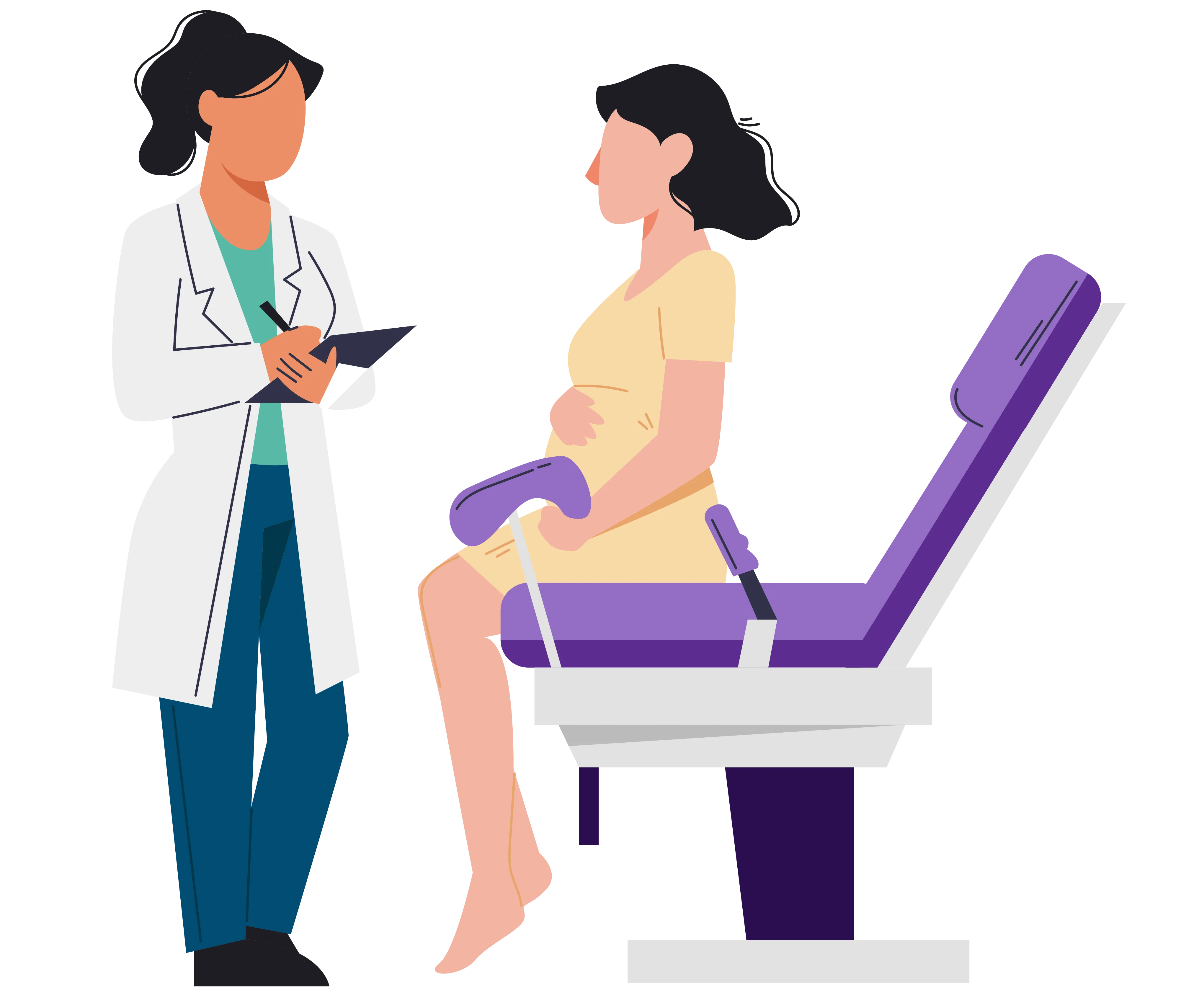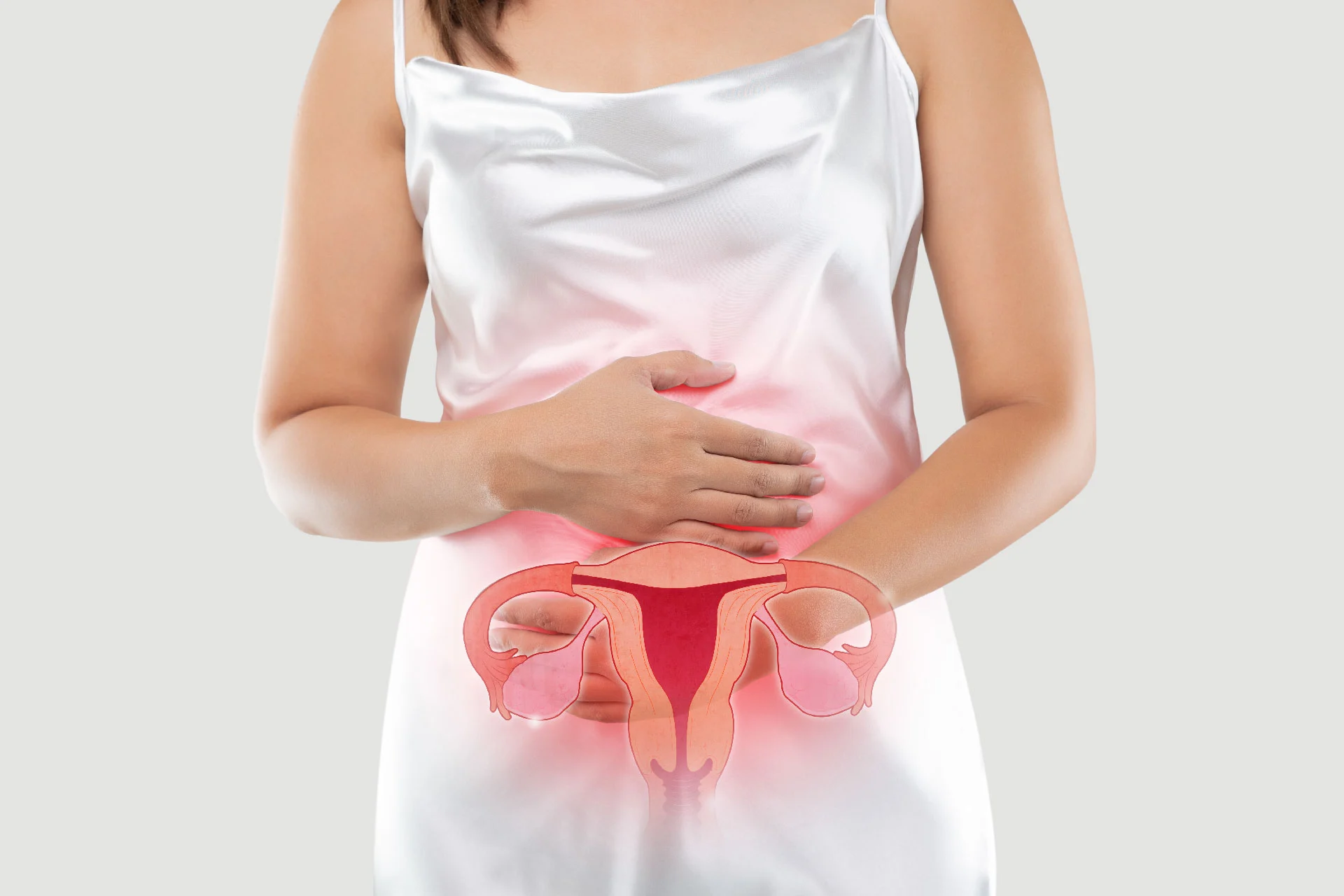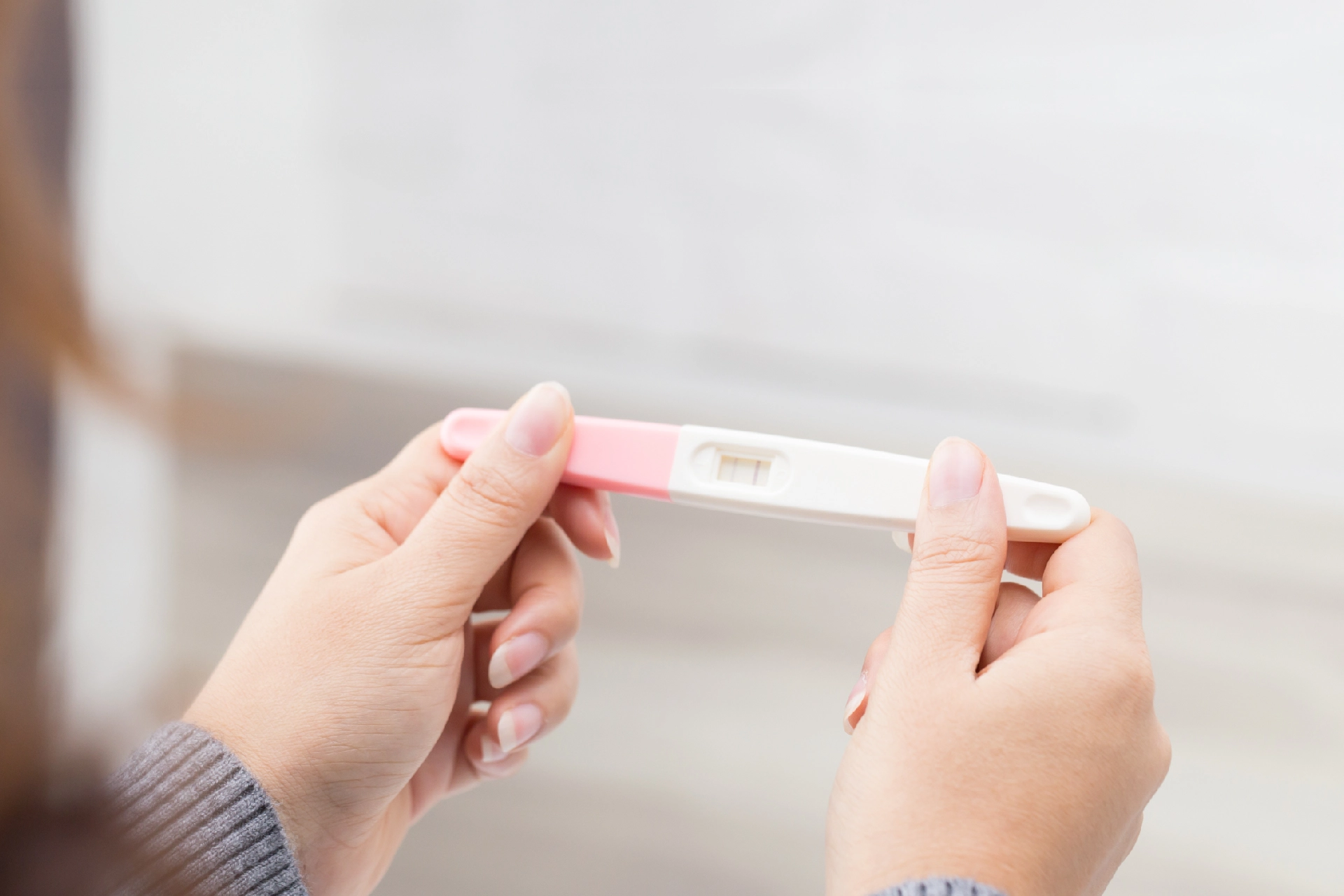Gynaecologist and Obstetrician | 5 min read
Women’s Wellness: 6 Effective Tips to Boost the Female Reproductive System
Medically reviewed by
Table of Content
Key Takeaways
- Maintain a healthy female reproductive system with regular checkups
- Track your menstruation cycle to understand your ovulation process
- Use safe and effective birth control to rule out unplanned pregnancy
The female reproductive system is a complex network designed to carry out several important functions related to women's wellness and health. The anatomy of the female reproductive system consists of internal organs such as the ovaries, fallopian tube, uterus, and vagina. Structures like labia majora, labia minora, clitoris and Bartholin’s glands form the external structures of the reproductive system. It is this system that produces female sex hormones necessary for the reproductive cycle. Apart from producing eggs for fertilization, the female reproductive system develops the fetus and nurtures it before giving birth to a healthy baby.
Though we know the importance of the reproductive system, we often neglect female reproductive organ care. Normally women undergo a lot of changes during pregnancy, puberty, aging, fertility and menopause. Hence, it is essential to focus on women's reproductive organ care. If not, you may contract a range of infections pertaining to your reproductive system.
Some of the most common reproductive health disorders that hinder women’s wellness include the following:-
- Endometriosis
- Uterine fibroids
- Cervical, vulvar, ovarian or uterine cancer
- Interstitial cystitis
- Sexually transmitted diseases
To avoid these or treat them at the onset, visit your doctor for regular checkups. Here are a few tips to maintain a healthy reproductive system to boost women’s healthcare.
Use safe birth control methods to avoid unplanned pregnancy
When it comes to women’s reproductive organ care, contraception is one of the most essential factors you need to consider. While choosing to be pregnant is an individual decision, unplanned pregnancies can affect the physical and mental health of the mother. Hence, it is important to plan your pregnancies as only a healthy mother can take good care of her child. Choose birth control methods that are safe and effective after discussing them with your gynecologist. Some popular means of contraception include hormonal and barrier methods, intrauterine contraception and sterilization or permanent method.

Keep your weight in check to avoid fertility issues
Keep a close watch on your body weight as it interferes with your fertility. Being obese or underweight can create hindrances in becoming pregnant as this affects the ovulation process. When the body’s normal mechanism is altered due to things like insulin resistance, they may also cause miscarriages.
However, you can conceive easily by tracking your weight chart properly. For this, be physically active by doing aerobics or going for brisk walks. Consume a healthy diet consisting of fiber-rich foods, whole grains, fruits and vegetables, omega 3 fatty acids and proteins like soya bean, lentils and quinoa. These foods help deal with ovulatory issues and reduce the chances of infertility.
Additional read: 6 Effective Lifestyle Habits to Stay Healthy While at HomeTrack your period to understand the female reproductive system
A Women's wellness is also measured with her mensuration cycle. To understand and track your monthly cycle, you can use a range of apps today. In doing so, you will feel more connected to your body. Even unexpected mood swings can be predicted well by tracking your cycle. The most beneficial aspect of this is that you get to know your ovulation cycle, which helps when you are either trying to conceive or avoid pregnancy.
Visit your gynecologist for routine checkups
In order to maintain a healthy women’s reproductive system, be proactive and go for regular checkups with your gynecologist. These periodic screenings are essential to detect uterine or cervical cancers in the early stages for effective treatment. Even if you aren’t showing any symptoms, visit a doctor as per your schedule. Your gynecologist may ask you to undergo pap smear tests to ensure you have a healthy reproductive system. Apart from this, any sexually transmitted disease (STD) can also be caught on during its early stages when you make regular visits to the doctor.
Additional read: All you need to know about Uterine Cancer: Causes, Stages and Treatment
Stay hydrated to maintain a healthy reproductive system
Keeping yourself well hydrated is necessary not only to flush out toxins from the body but also to maintain a strong reproductive system. Healthy women usually drink at least 3 liters of water. Dehydration can result in vaginal dryness that may cause excessive itching too. Vaginal itching causes discomfort during sex and also result in yeast and bacterial infections.
Practice safe sex to prevent STDs
Safe sex is important to avoid acquiring sexually transmitted diseases. It is essential to use condoms especially if you are planning to avoid pregnancy and for providing protection against STDs. While choosing condoms, make sure to go for latex or polyurethane ones for better results. Women also need to get their HPV (Human papillomavirus) vaccine done for protection against genital warts and cervical cancer. Apart from this, check your and your partner’s body for any sore, blister or rash in order to avoid any sexually transmitted infections.
Practicing good hygiene and following simple tips listed above are necessary to ensure that your reproductive system is healthy and overall women's wellness. Regular screening and following a healthy and active lifestyle are the right ways to go about this. If you face any discomfort or experience worrying symptoms, connect with top gynecologists on Bajaj Finserv Health. Book a tele-consult or an in-person appointment within minutes and take proactive measures to safeguard your reproductive health.

References
- https://my.clevelandclinic.org/health/articles/9118-female-reproductive-system
- https://www.cdc.gov/reproductivehealth/womensrh/healthconcerns.html
- https://www.cdc.gov/reproductivehealth/womensrh/index.htm
- https://www.hopkinsmedicine.org/health/wellness-and-prevention/safer-sex-guidelines
Disclaimer
Please note that this article is solely meant for informational purposes and Bajaj Finserv Health Limited (“BFHL”) does not shoulder any responsibility of the views/advice/information expressed/given by the writer/reviewer/originator. This article should not be considered as a substitute for any medical advice, diagnosis or treatment. Always consult with your trusted physician/qualified healthcare professional to evaluate your medical condition. The above article has been reviewed by a qualified doctor and BFHL is not responsible for any damages for any information or services provided by any third party.





